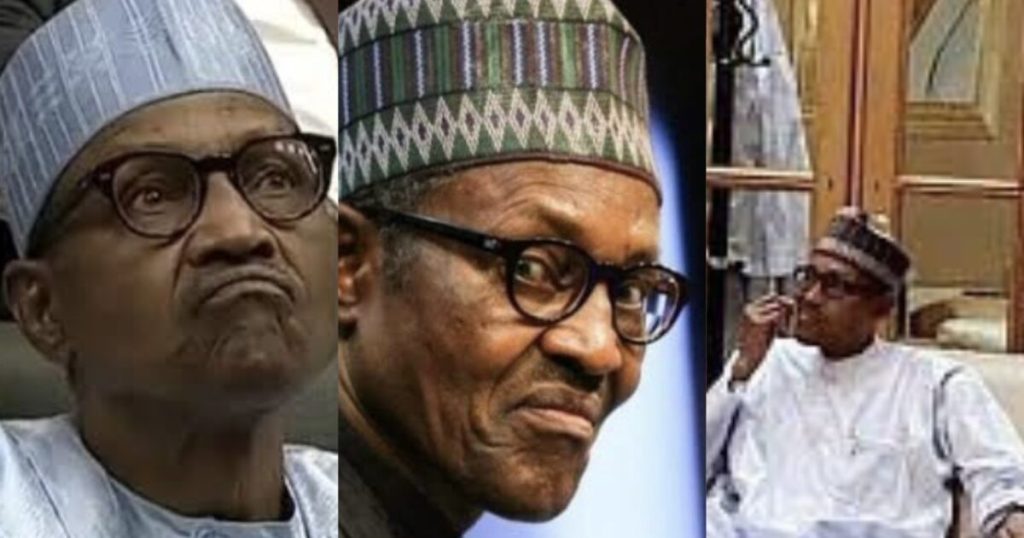Muhammadu Buhari’s presidency, spanning from 2015 to 2023, was a period of significant political and economic activity, but it was also an era defined by a potent interplay between governance and the burgeoning digital landscape of Nigeria. Buhari’s actions and pronouncements frequently ignited fervent online discussions, generating viral moments, widespread criticism, and a wealth of humorous content that solidified his place in Nigeria’s digital consciousness. His legacy, therefore, is not just one of policy and reform but also of memes, hashtags, and a constant dialogue between the presidency and a digitally engaged populace.
One of the most enduring online legacies of Buhari’s presidency is the infamous “Lazy Nigerian Youths” controversy. Sparked by a comment made during a 2018 Commonwealth Business Forum in London, where Buhari implied a sense of entitlement among young Nigerians, the incident triggered an immediate and widespread backlash. Although he never explicitly used the phrase, the interpretation stuck, and #LazyNigerianYouths became a trending topic, symbolizing the perceived disconnect between the government and the struggles faced by young people in the country. This incident highlighted the power of social media to amplify public sentiment and hold leaders accountable for their pronouncements, shaping the narrative around youth engagement and governmental responsibility.
Further fueling the online discourse surrounding Buhari was the “Jubril of Sudan” conspiracy theory. Originating during Buhari’s extended medical leave in London in 2017, the outlandish rumour claimed that the president had died and been replaced by a Sudanese look-alike. Despite its absurdity, the theory gained significant traction on social media, demonstrating the rapid spread of misinformation in the digital age. Even Buhari’s public denial, delivered with a rare chuckle during a visit to Poland, failed to quell the speculation, instead becoming fodder for more memes and jokes. The incident underscored the challenges of combating fake news and the enduring power of online narratives, even in the face of official refutations.
Buhari’s administration also took actions that directly impacted the digital sphere. The 2021 Twitter ban, implemented after the platform deleted one of Buhari’s tweets deemed to be in violation of its rules, stands as a particularly controversial moment. The ban lasted seven months and drew global condemnation for its perceived infringement on freedom of expression. The incident demonstrated the government’s willingness to exert control over online spaces and sparked a debate about the balance between national sovereignty and digital rights. The widespread adoption of VPNs during the ban also highlighted the resilience of Nigerian internet users and their determination to circumvent censorship.
Beyond the digital realm, Buhari’s policies frequently became the focal point of online discussion. The 2019 border closure, intended to curb smuggling and boost local agriculture, was met with widespread complaints on social media about rising food prices and economic hardship. Similarly, the 2023 cashless policy, which led to severe cash shortages across the country, triggered a wave of online criticism and public anger. These incidents demonstrated how social media became a platform for citizens to voice their grievances and express their dissatisfaction with government policies, offering a real-time gauge of public sentiment.
Buhari’s personal life and public statements also contributed to his digital legacy. His 2016 comment about his wife belonging in the kitchen, made during a press conference with Angela Merkel, drew international criticism and sparked online debates about gender roles and patriarchal attitudes. Conversely, his inaugural address promise of belonging “to everybody and to nobody” became a recurring point of ironic commentary online as his presidency progressed, with many perceiving his actions as contradicting this initial pledge. These incidents, along with his frequent medical trips to London, which prompted hashtags like #LondonIsCalling and #FixOurHospitals, further cemented his presence in online discussions and meme culture.
In conclusion, Muhammadu Buhari’s presidency was deeply intertwined with Nigeria’s digital landscape. His policies, pronouncements, and even his personality became subjects of intense online scrutiny, generating viral moments, sparking debates, and fueling a vibrant meme culture. From the “Lazy Nigerian Youths” controversy to the Twitter ban, from the “Jubril of Sudan” conspiracy theory to his infamous comment about his wife, Buhari’s presidency generated a constant stream of online content that reflected the evolving relationship between governance and digital engagement in Nigeria. Whether viewed with affection or derision, Buhari’s digital footprint is undeniable, marking him as a figure who, perhaps inadvertently, helped shape the contours of Nigeria’s online public sphere. His legacy, therefore, is not just one of political and economic change, but also one of hashtags, memes, and a constant, dynamic dialogue between a leader and a digitally empowered citizenry.














